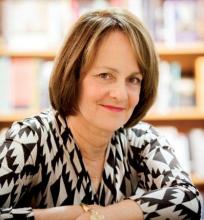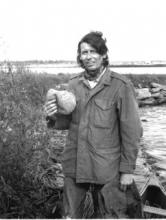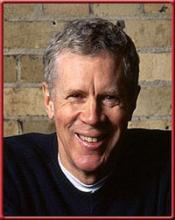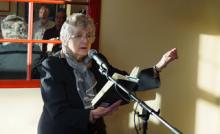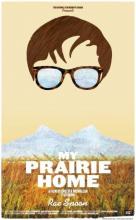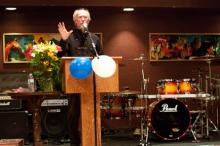Les Murray and the Gorillas of Flame
Very recently, The Atlantic published “The Greatest Poet Alive: The Feral Genius of Australia’s Les Murray,” a gushing, appreciative overview of Murray’s career disguised as a review of his latest book Waiting for the Past. It is far from alone in its adoration of Murray’s distinguished career. Though he does have his detractors, and he was a major figure in Australia’s “poetry wars,” his name is regularly included on lists of potential Nobel Prize winners, and Joseph Brodsky’s claim that Murray is “quite simply, the one by whom the language lives” is oft-quoted.

